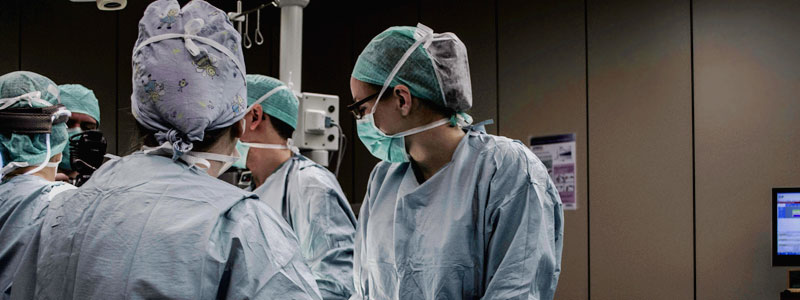My Loved One Passed Away During Surgery. Is This Medical Malpractice?
Surgery is always a daunting prospect. No matter how routine the procedure, it’s difficult for patients to overcome pre-op anxiety. Fortunately, the marvel of modern medicine combined with the skilled hands performing operations often mean surgeries go off without a hitch. But in the worst-case scenario, what if one of your loved ones passes away […]

Available 24/7
Free Case Review
You won’t pay any fees until we win your case.
It’s easy - you can:

